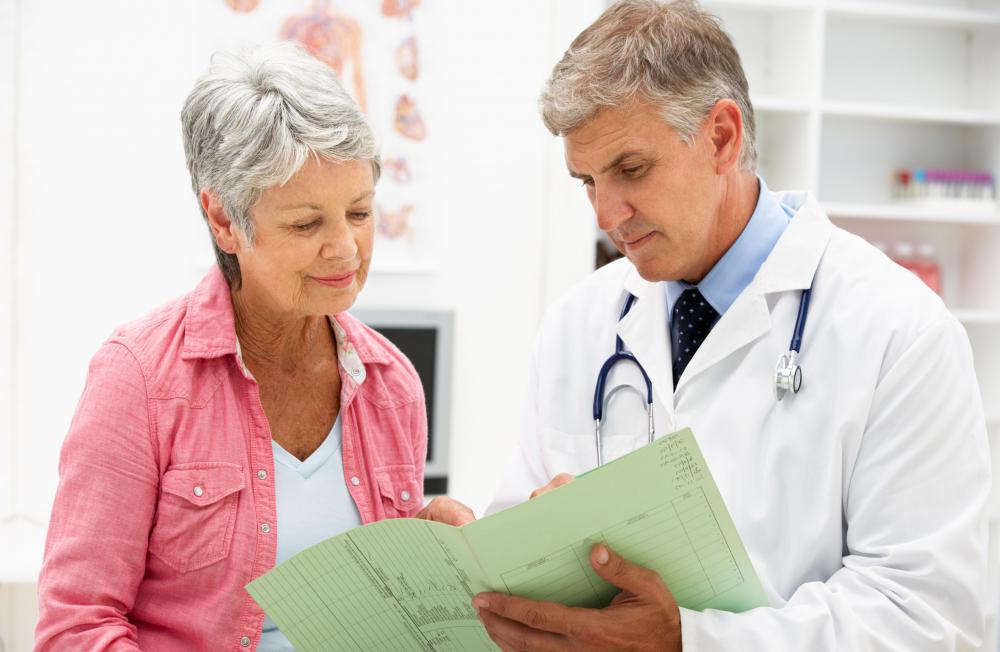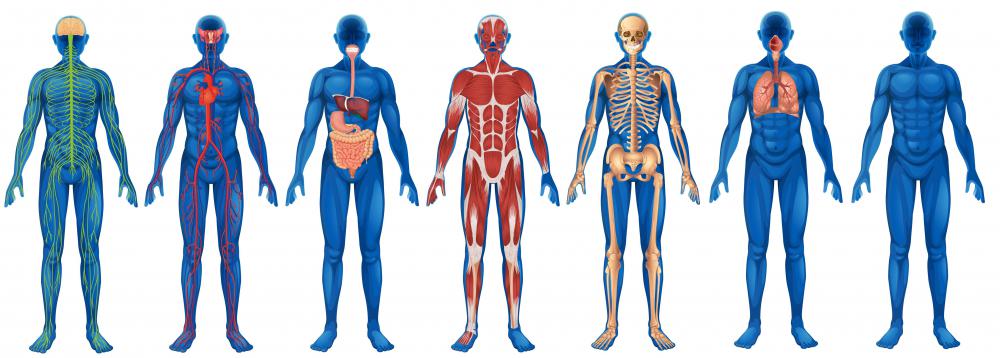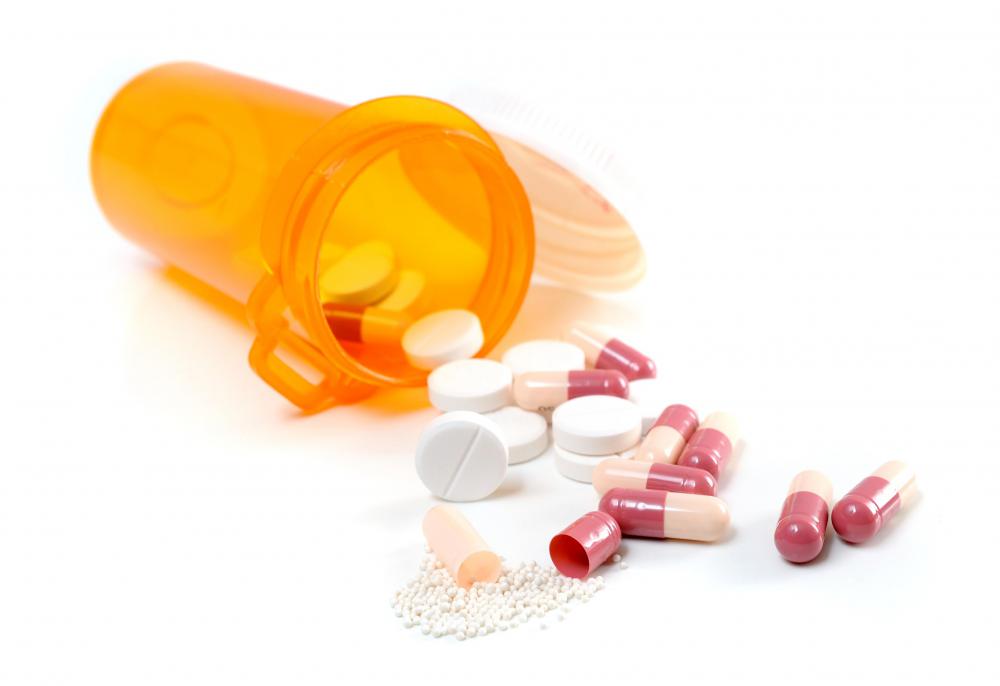At PracticalAdultInsights, we're committed to delivering accurate, trustworthy information. Our expert-authored content is rigorously fact-checked and sourced from credible authorities. Discover how we uphold the highest standards in providing you with reliable knowledge.
How do I Become a Primary Care Physician?
Primary care physicians provide initial diagnoses and direct care to patients with all different types of ailments. They are usually the first medical professionals that patients seek when they are experiencing health problems. An individual who wants to become a primary care physician must be prepared to complete lengthy, expensive educational requirements, internships and residencies. It generally takes 11 to 15 years of college, practical training, and supervised work to become a primary care doctor and begin practicing independently.
A high school student who wants to go to medical school can prepare for college by taking advanced classes in science and health. Biology, chemistry, anatomy, physiology, and nutrition courses teach the student the principles of medicine and the nature of the human body. Many students begin applying to undergraduate universities in their senior year of high school, focusing on colleges with the strongest premedical programs.

Once enrolled in a four year undergraduate program, a prospective physician usually takes many courses related to health and human physiology. He or she might try to find paid or volunteer work at a hospital in order to gain experience and improve his or her resume. Near the end of a bachelor's degree program, a student usually begins researching medical schools and takes the Medical College Admissions Test (MCAT). Gaining admission into an accredited medical school can be challenging, as many hopeful doctors apply for relatively few spots. The students selected are usually those with the strongest education records, MCAT scores, letters of recommendation, and clinical experience.

Medical school usually takes four years to complete, during which time a student gains extensive classroom and practical training. A prospective doctor usually takes advanced health, chemistry, biology, and medicine courses to learn about the causes and effects of different diseases. He or she receives hands-on training in laboratories and clinical settings, gaining experience examining patients and diagnosing conditions.

Upon completion of medical school, a graduate receives a Doctor of Medicine (MD) and can begin an internship at a hospital. A new doctor typically works as an intern for at least a year after graduation. The physician then assumes a two- to six-year residency, where he or she can practice under the guidance and supervision of trained doctors and residency leaders. An individual who is willing to complete all education and training requirements to become a primary care physician is often rewarded with a meaningful, gratifying, well-paying career in medicine.
AS FEATURED ON:
AS FEATURED ON:













Discussion Comments
@MissDaphne - Phew! You have a lot of questions. My brother is in medical school right now, so I've heard a lot about the process. (More than I really needed to know!)
He actually majored in history. You can absolutely major in anything as long as you take certain classes, but it's easier to meet med school requirements if you major in biology or chemistry as then there's more overlap. Medical schools don't all have identical requirements, but they generally require English, math, and a variety of science classes (most notably, the dreaded organic chemistry).
Finally, I'm not totally sure, but I think that primary care is just a general term; I don't think there's a board or academy for it, for instance. Family practice is one related specialty.
My niece is interested in becoming a doctor. She's a senior in high school right now. Can she major in anything as an undergraduate? What courses will she need to take in college?
I'm sure that a lot of medical students wind up changing their minds about what specialty they want to pursue, but right now she's interested in primary care or pediatrics. (And actually, I guess a pediatrician would be a primary care doctor, at least as insurance companies use the term, for children.) Is primary care the name of a specialty, or is it a broad term that covers a few different specialties?
Post your comments